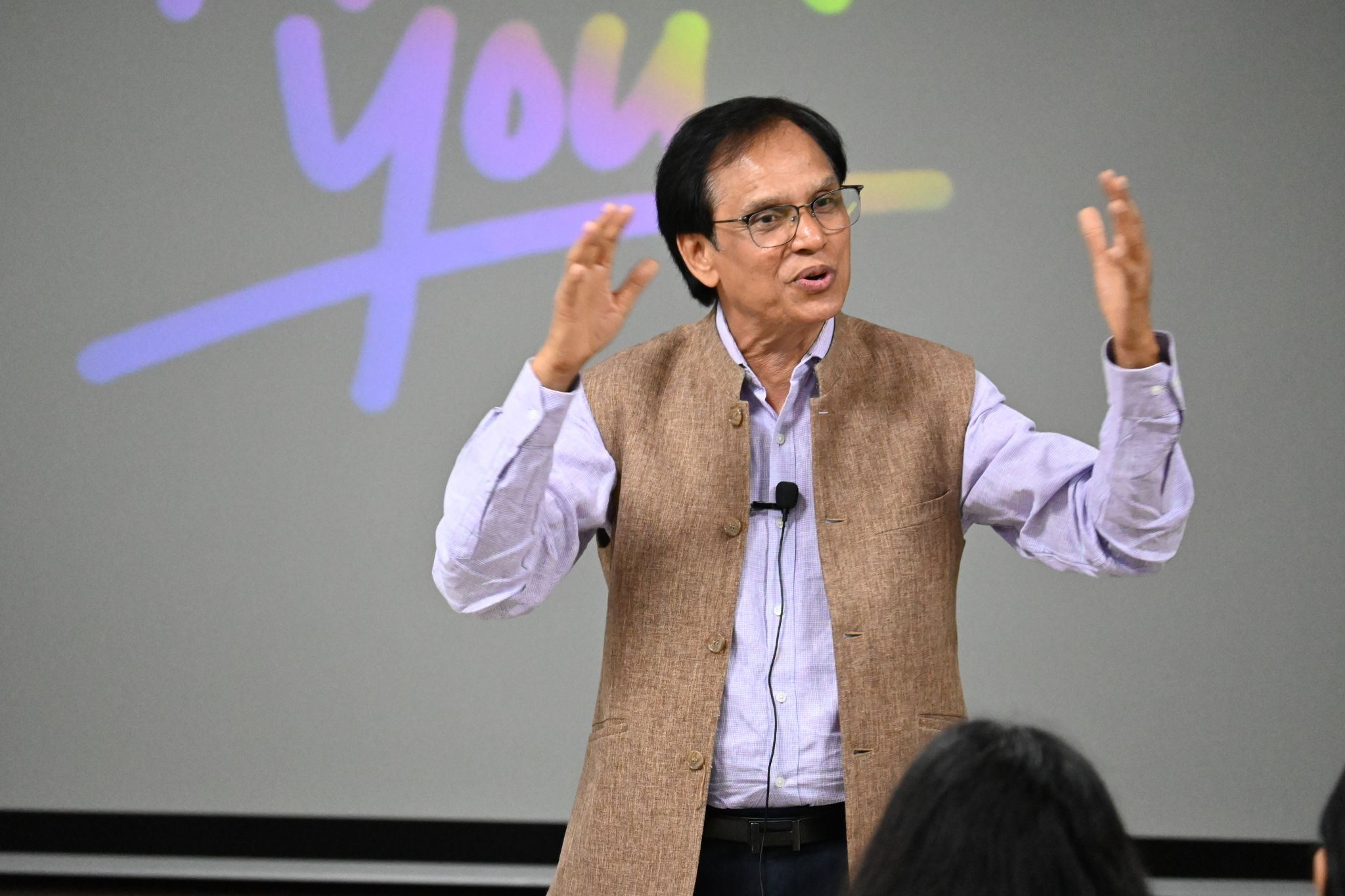Request for callback
By

.png)
For the Assessment Year (AY) 2024-25, significant changes have been introduced in the provisions of Section 87A of the Income-Tax Act, 1961. This section provides a rebate to eligible taxpayers, effectively reducing their tax liability to nil under certain conditions. Here’s an overview of the key aspects of the income-tax rebate for individuals for AY 2024-25:
Eligibility Criteria:
To be eligible for the rebate under Section 87A for AY 2024-25 in the New Tax Regime , the taxpayer must satisfy the following conditions:
- Resident Individual: The taxpayer must be an individual resident in India.
- Income Threshold: The total income of the taxpayer should not exceed ₹7 lakh.
Rebate Amount:
For AY 2024-25, an individual resident in India whose total income does not exceed ₹7 lakh will be entitled to a rebate. The rebate on the total income, subject to a maximum limit of ₹25,000. This means that if the total income is up to ₹7 lakh, the income-tax liability will be reduced to zero due to the rebate, if the tax payable is not more than ₹25,000.
Marginal Relief:
Marginal relief is provided to those taxpayers whose total income slightly exceeds ₹7 lakh. This ensures that the additional tax payable does not exceed the amount by which the total income exceeds ₹7 lakh.
Opting Out of Section 115 BAC:
For individuals who opt out of the new tax regime under Section 115 BAC (i.e., who choose to be taxed under the old regime with applicable deductions and exemptions), the rebate under Section 87A upto ₹ 12,500 is available only if the total income does not exceed ₹5 lakh. No marginal relief is available in such cases, meaning if the total income exceeds ₹5 lakh by even a small amount, the rebate will not apply.
Health and Education Cess:
The Health and Education Cess is levied at a rate of 4% on the amount of income-tax computed after rebate under Section 87A.
Special cases for computing tax rebate:
Situation: Total Income of ₹7 Lakhs Including Income Chargeable at Special Rate Under Sections 111A, 112, or 112A.
Consider a situation where an individual's total income of ₹7 lakhs includes income that is chargeable at special rates under Sections 111A, 112, or 112A. These sections deal with short-term and long-term capital gains that are taxed at concessional rates. The rebate under Section 87A will still be available, but the calculation will take into account the special rates for these types of income.
- Short-term Capital Gains (Section 111A): Taxed at 15%.
- Long-term Capital Gains (Section 112): Taxed at 20% (or 10% without indexation benefits in some cases).
- Long-term Capital Gains (Section 112A): Taxed at 10% if exceeding ₹1 lakh.
For example, if an individual has a total income of ₹7 lakhs under the New Tax Regime, comprising ₹3 lakhs from salary(after eligible exemptions and deduction) and ₹4 lakhs from short-term capital gains on sale of listed equity shares (Section 111A):
- The tax on ₹3 lakhs salary income shall be “nil”
- The tax on ₹4 lakhs short-term capital gains at 15% would be ₹60,000.
- Total tax before rebate = ₹60,000
Since the total income is ₹7 lakhs, the individual is eligible for a rebate under Section 87A. However, the rebate is capped at ₹25,000, which will reduce the tax payable to ₹35,000/- (₹60,000 - ₹25,000).
Summary:
The rebate under Section 87A provides significant tax relief for resident individuals with a total income not exceeding ₹7 lakhs under the New Tax Regime for AY 2024-25. This provision effectively nullifies the income-tax liability for such individuals (unless such individuals have income taxable at special rates), simplifying the tax structure and easing the financial burden on middle-income taxpayers.
Taxpayers opting for the old tax regime should note the lower income threshold of ₹5 lakhs for eligibility for the rebate. Additionally, special consideration is required for incomes taxed at special rates, such as capital gains, ensuring accurate tax calculations and utilization of the rebate. Understanding these provisions can help taxpayers plan their finances and tax filings more effectively, ensuring they benefit from the available tax reliefs.
Prosperr.io is a simple platform to manage your personal income tax. It helps you save and automates tax tasks. It gives you the knowledge to make smart financial choices, keeping your money where it belongs. Click here to book your FREE tax assessment call
Disclaimer:
The information provided in this article is for general informational purposes only and does not constitute professional advice. The Author recommends consulting with a qualified tax advisor or legal professional to obtain specific advice related to your individual circumstances. Tax laws and regulations are subject to change, and the application of these laws can vary based on individual situations.
The author is not responsible for any errors or omissions, or for the results obtained from the use of this information. In no event will we be liable for any loss or damage including without limitation, indirect or consequential loss or damage, or any loss or damage whatsoever arising from loss of data or profits arising out of, or in connection with, the use of this article.


-1.png)
-1.png)
.png)


